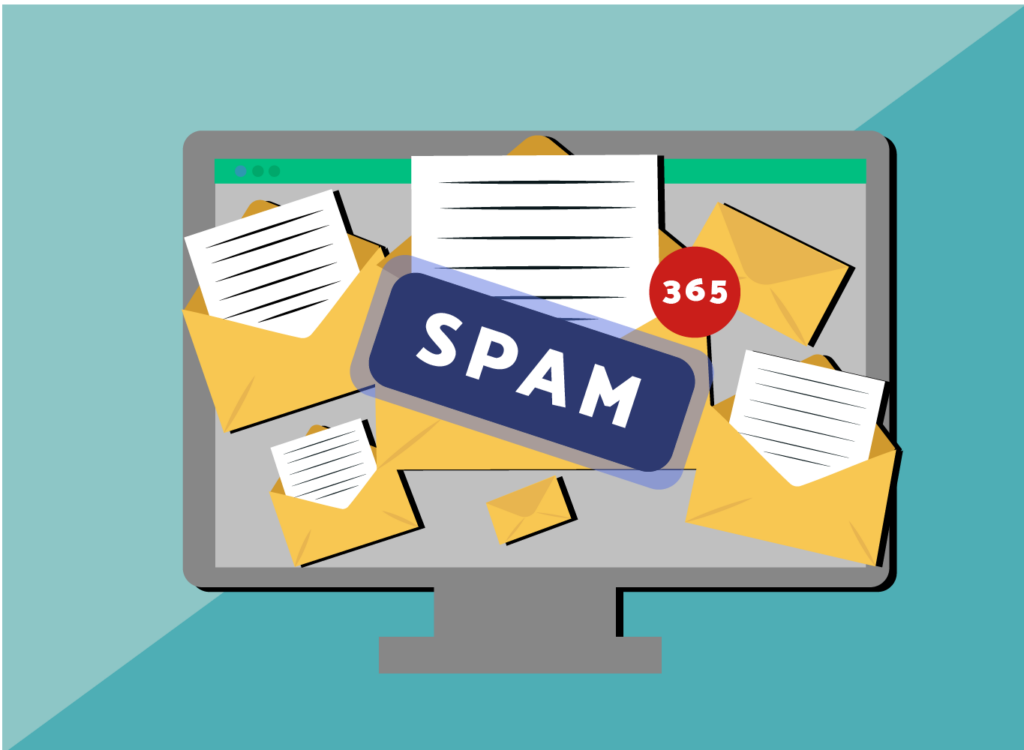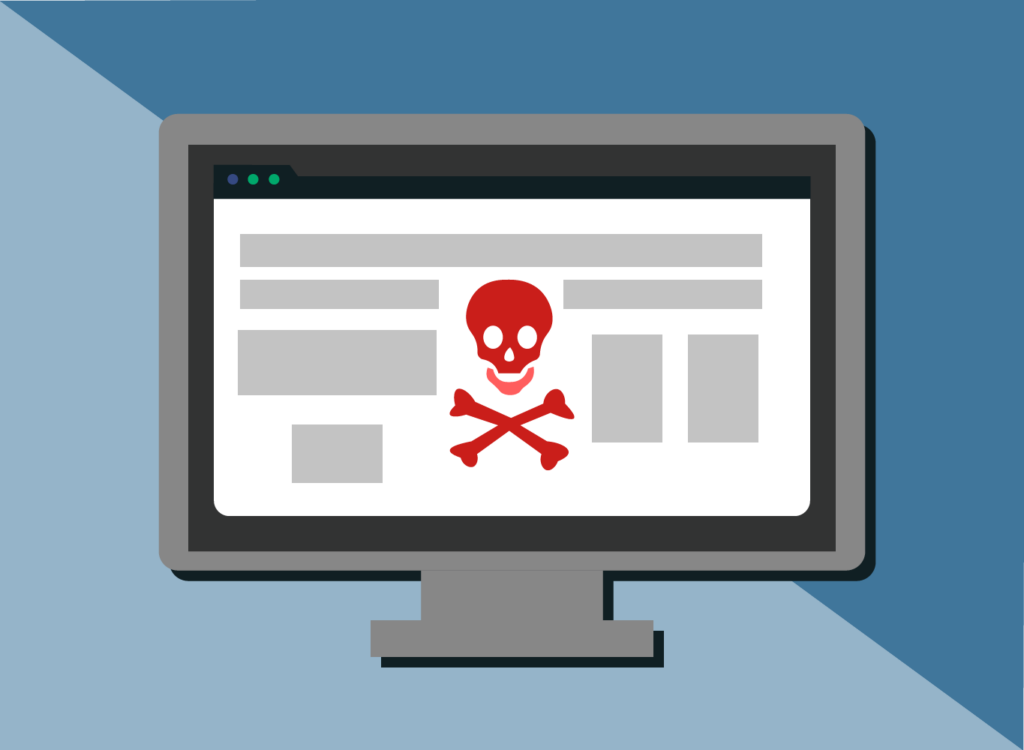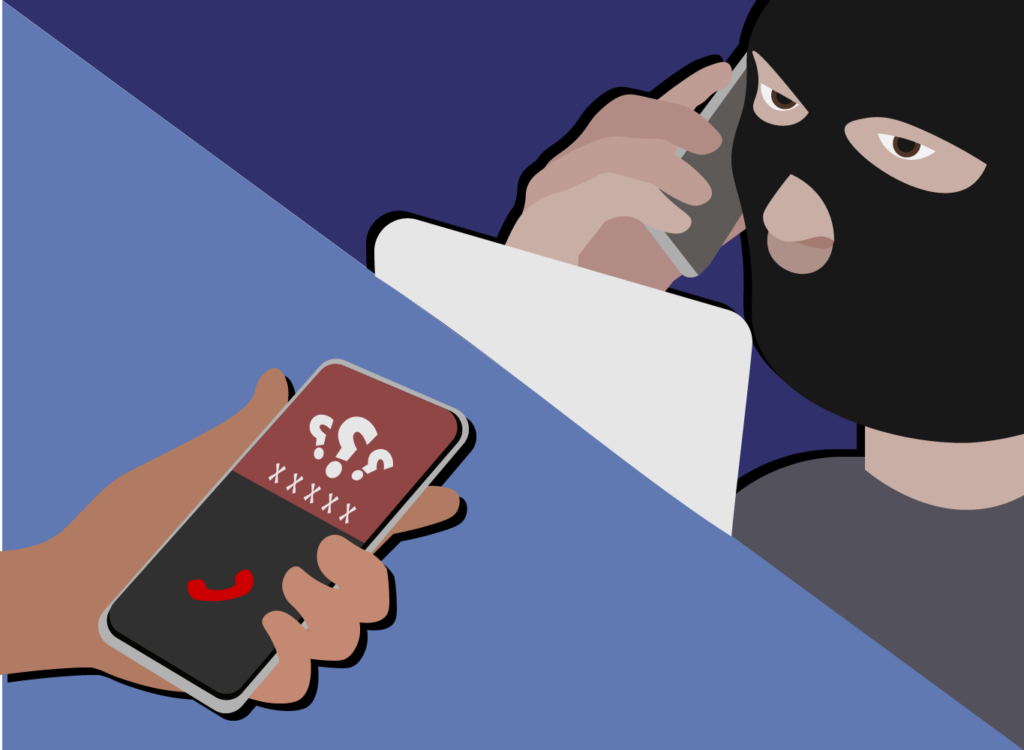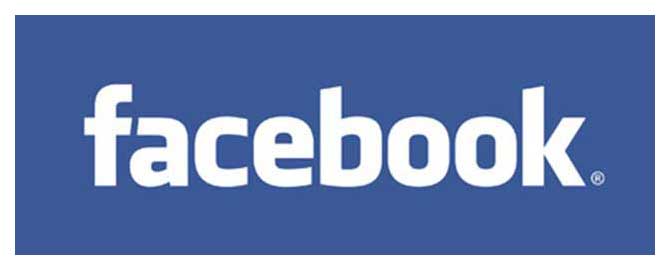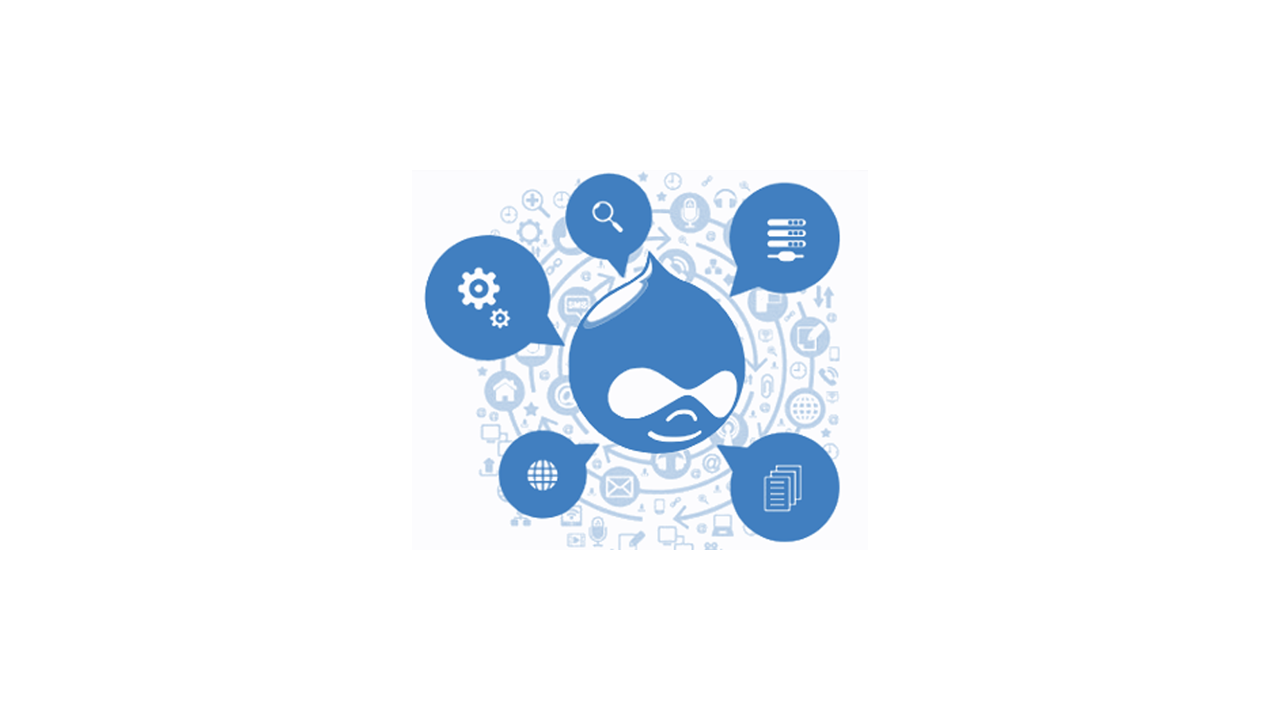How can I protect myself from Phishing?
To protect your information from phishing, it is first necessary to know what it is: Phishing is a persuasion technique used by criminals to reach confidential information, such as bank, personal or business data.
A criminal pretends to be part of a legitimate institution, to be a trustworthy person, or to issue urgent and unmissable news. It induces the victim to pass on information or access links contaminated with malware.
°How do phishing attacks affect my website and or business?
The most efficient way to protect yourself from phishing is to know and identify your enemy’s strategy and steps.
There are a number of means that cybercriminals use to access their victims. All through news and announcements that require urgent action, the three most common are:
How to identify being hooked:
Misleading Spam Email:
It consists of fake messages related to banks or institutions. They prompt the recipient to provide their personal data. The same email is sent to thousands of people, these emails sent frequently are called Spam.
It is common to use false sender name. The message was sent with the name of the bank, but it may contain an email address with no connection to the institution. They use brand logos, colors and slogans to make the email more authentic.
So, you still need to be careful with the email address that has the name of some corporation, but has a long extension with many numbers, abbreviations and spelling errors or things like a “0”, zero, instead of a ” O”
When hovering the mouse over the available link, you will see the URL with the address of the page to be opened. If it’s a strange address, don’t click.
Hire an anti-spam service to protect yourself against unwanted emails directed at you and your business: Anti-Spam
Malware that steals information:
After the user clicks on a link available in emails, advertisements and websites, the malicious program starts working on the machine collecting information. It can also be attached to downloadable files.
The first tip is always to check the URLs, that is, the address of the accessed sites, normally the copies use domains different from the original ones.
It is important to emphasize the use of page titles, so that they are copies of the official versions, but there may be some difference, such as a “0” (zero) instead of an “o” that can deceive victims who look quickly, but it is notable for anyone who pays attention.
Phishing Links:
The criminal has access to your personal or business number, and pretends to be a close person or reliable company, thus asking for confirmation of passwords and data.
In some cases, they may already have information such as physical records, they only ask for confirmation of passwords and other data through a call in order to attract their victims.
Banks, post offices, companies and credit card companies do not ask for customer data by email. If in doubt, contact us by phone or through the company’s official website.
Being aware is essential to staying safe from these treacherous and criminal acts, but it is not beneficial to be paranoid. It’s worth relaxing and taking advantage of technological resources to avoid this blow. Hire our service and rest easy with the security of your websites: SiteLock













